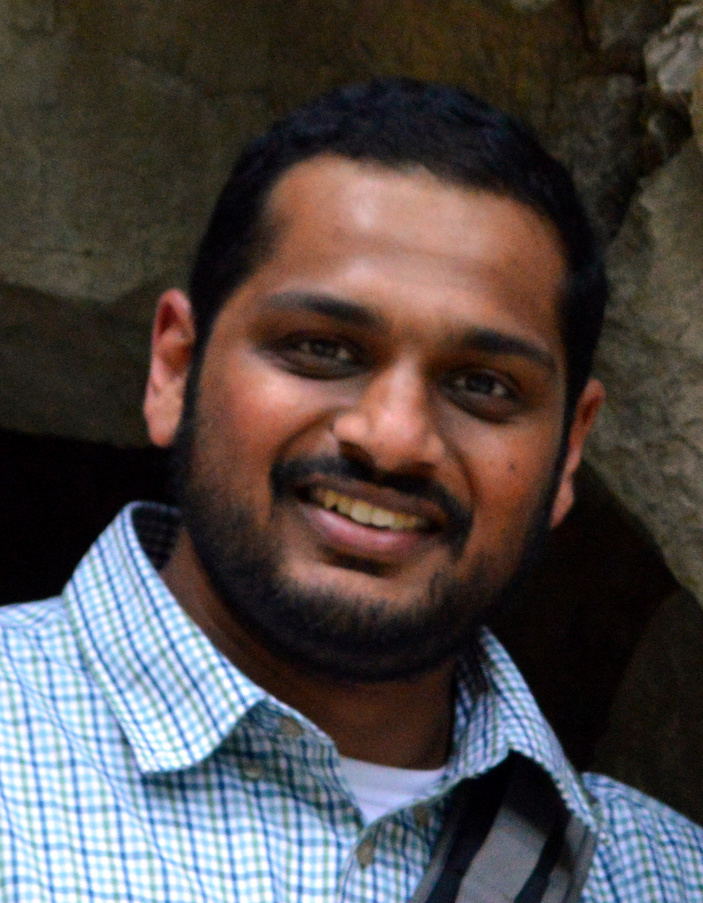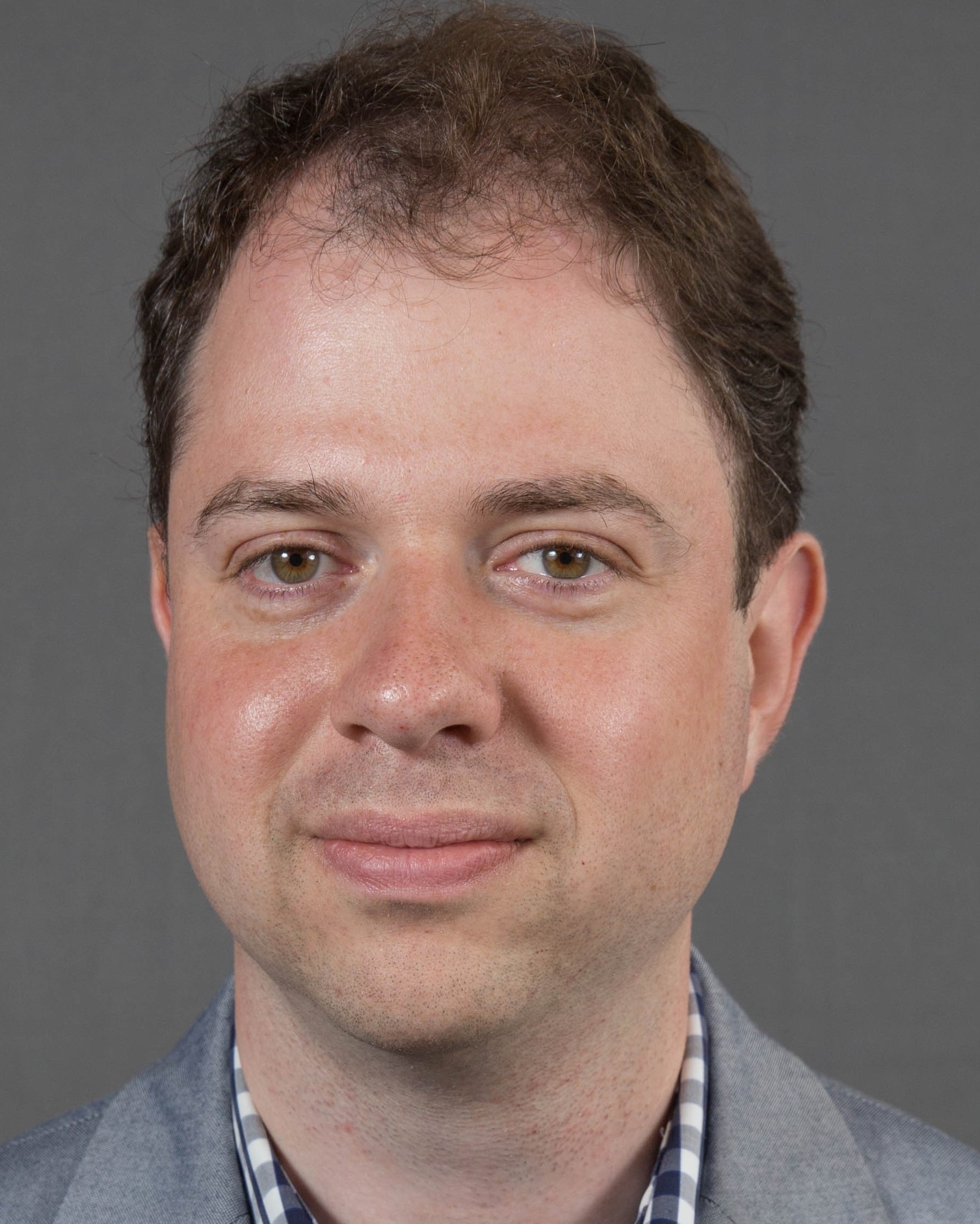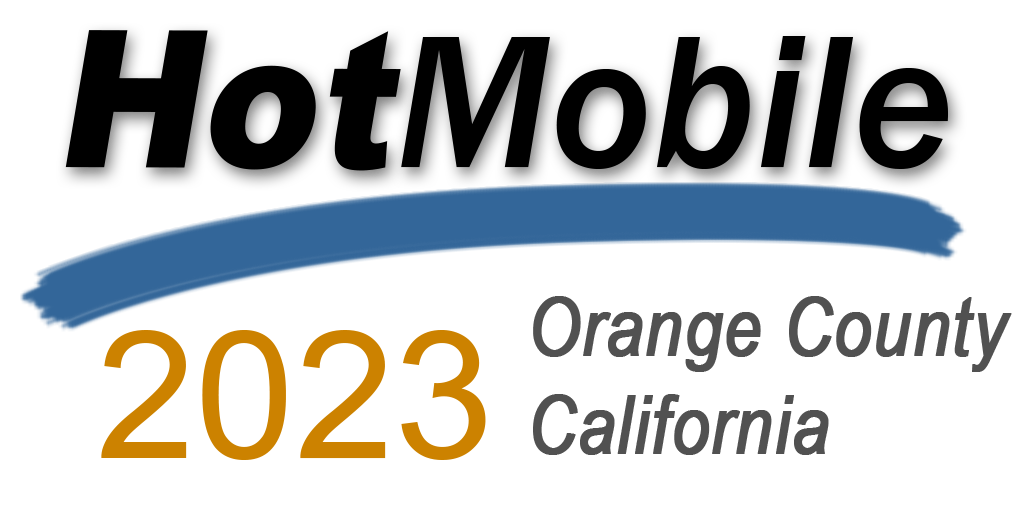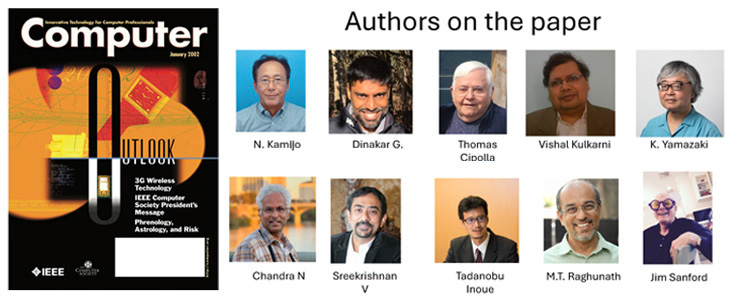-
Video Recordings
-
HotMobile'23 talks have been recorded on video. You can now watch the recordings here: https://www.youtube.com/@HotMobile2023/videos
-

Title: How Language Models Work (and why that’s why they don’t) Speaker: Sameer Singh
Associate Professor of Computer Science at
University of California, Irvine
Abstract: We are at the precipice of widespread adoption of natural language processing: large language models will fundamentally change how we use and interact with devices. Through examples, we will discuss how language models can be adapted to be classifiers, summarizers, coders, writers, and conversational assistants, with little to no supervision. We will discuss the basics of neural networks, the text corpus, and the training pipeline that enables language models to behave as these general-purpose AI agents. However, we will show how this very paradigm of language modeling also introduces fundamental limitations in this technology. We will characterize these vulnerabilities in language models and discuss how they affect end-use applications. By the end of the talk, attendees will better understand the capabilities, workings, and limitations of language models.
Biography: Dr. Sameer Singh is an Associate Professor of Computer Science at the University of California, Irvine (UCI) and an AI Fellow at the Allen Institute for AI. He is working primarily on the robustness and interpretability of machine learning algorithms and models that reason with text and structure for natural language processing. Sameer was a postdoctoral researcher at the University of Washington and received his Ph.D. from the University of Massachusetts, Amherst. He received the NSF CAREER award, the UCI Distinguished Early Career Faculty award, and the Hellman Faculty Fellowship, and was selected as a DARPA Riser. His group has received funding from Allen Institute for AI, Amazon, NSF, DARPA, Adobe Research, Hasso Plattner Institute, NEC, Base 11, and FICO. Sameer has published extensively at machine learning and natural language processing venues and received conference paper awards at KDD 2016, ACL 2018, EMNLP 2019, AKBC 2020, ACL 2020, and NAACL 2022. (https://sameersingh.org/)
-
Moses: Exploiting Cross-device Transferable Features for On-device Tensor Program Optimization
Zhihe Zhao (The Chinese University of Hong Kong), Xian Shuai (The Chinese University of Hong Kong), Neiwen Ling (The Chinese University of Hong Kong), Nan Guan (City University of Hong Kong), Zhenyu Yan (The Chinese University of Hong Kong), Guoliang Xing (The Chinese University of Hong Kong)
-
Semantic Fast-Forwarding for Video Training Set Construction
Ziqiang Feng (Google), Mahadev Satyanarayanan (Carnegie Mellon University)
-
AirDrop: Towards Collaborative, Multi-Resolution Air–Ground Teaming for Terrain-Aware Navigation
Kasthuri Jayarajah (University of Maryland Baltimore County), Sean Gart (Army Research Lab), Aryya Gangopadhyay (University of Maryland Baltimore County)
-
Cocoon: On-body Microphone Collaboration for Spatial Awareness
Bhawana Chhaglani (University of Massachusetts Amherst), Utku Günay Acer (Nokia Bell Labs), Si Young Jang (Nokia Bell Labs, South Korea), Fahim Kawsar (Bell Labs), Chulhong Min (Nokia Bell Labs)
-
TunnelLiFi: Bringing LiFi to Commodity Internet of Things Devices
Muhammad Sarmad Mir (Universidad Carlos III de Madrid), Wenqing Yan (Uppsala University), Prabal Dutta (UC Berkeley), Domenico Giustiniano (IMDEA Network Institute, Madrid), Ambuj Varshney (National University of Singapore)
-
When Visible Light (Backscatter) Communication Meets Neuromorphic Cameras in V2X
Kenuo Xu (Peking University), Kexing Zhou (Peking University), Chengxuan Zhu (Peking University), Shanghang Zhang (Peking University), Boxin Shi (Peking University), Xiaoqiang Li (Peking University), Tiejun Huang (Peking University), Chenren Xu (Peking University)
-
Multi-Camera Lighting Estimation for Photorealistic Front-Facing Mobile Augmented Reality
Yiqin Zhao (Worcester Polytechnic Institute & Google), Sean Fanello (Google LLC), Tian Guo (Worcester Polytechnic Institute)
-
Hedgehog: Detecting Drink Spiking on Wearables
Zhigang Yin (University of Tartu), Mohan Liyanage (University of Tartu, Estonia), Agustin Zuniga (University of Helsinki), Petteri Nurmi (University of Helsinki), Huber Flores (University of Tartu)
-
CPA: Cyber-Physical Augmentation for Vibration Sensing in Autonomous Retails
Yue Zhang (University of California, Merced), Carlos Ruiz (AiFi Inc.), Shubham Rohal (University of California, Merced), Shijia Pan (University of California, Merced)
-
Stereo-BP: Non-Invasive Blood Pressure Sensing with Earables
Ananta Narayanan Balaji (National University of Singapore), Andrea Ferlini (Nokia Bell Labs), Fahim Kawsar (Nokia Bell Labs), Alessandro Montanari (Nokia Bell Labs)
-

Title: Medical devices cybersecurity – it’s challenges and highlights Speaker: Oleg Yusim
Head of Product Security at
Edwards Lifesciences
Abstract: Cybersecurity in medical devices requires different approach, compare to other areas. While overarchingly cybersecurity breach is synonymous with leak of sensitive data, the biggest scare for medical device is a lack of availability, closely followed by integrity of data violation. It is easy to understand why – lack of availability of the device at the moment of need, and especially in high urgency environments (such as ER) can easily lead to the death of the patient. Similarly, lack of integrity in data presented to clinician as an input into treatment course decision – or lack of integrity in the data defining medication dosage which would be administered to the patient by medical device, either of those can severely damage patient’s health all the way up to and including lethal outcome. This, and many other use case, deployment and manufacturing case specifics are what makes medical devices cybersecurity so challenging and so rewarding task to solve and the same time. We will try to touch at least on some of those topic in the upcoming talk.
Biography: Oleg comes with over 15 years of experience in Security and R&D, spanning across such areas as Avionics, Public Safety and Medical Devices. He obtained his MS in Engineering degree from University of Wisconsin-Platteville in 2017 and in 2018 relocated to Orange County with his wife and two kids to help Edwards Lifesciences to build and mature its Medical Devices Product Security program. Oleg actively participates in Health Sector Coordinating Council cross organizational taskforce groups, helping to author such papers as Joint Security Plan (rev 2) or Model Contract Language for MedTech industry, etc.
-
Lightweight and Non-invasive User Authentication on Earables
Changshuo Hu (Singapore Management University), Xiao Ma (Singapore Management University), Dong Ma (Singapore Management University), Ting Dang (University of Cambridge)
-
ThermWare: Towards Side-channel Defense for Tiny IoT Devices
Nakul Garg (University of Maryland College Park), Irtaza Shahid (University of Maryland, College Park), Erin Avllazagaj (University of Maryland, College Park), Jennie Hill (University of Maryland, College Park), Jun Han (Yonsei University), Nirupam Roy (University of Maryland, College Park)
-
Remotely Positioned MetaSurface-Drone Attack
Zhambyl Shaikhanov (Rice University), Sherif Badran (Northeastern University), Josep M. Jornet (Northeastern University), Daniel M. Mittleman (Brown University), Edward W. Knightly (Rice University)
-
Users are Closer than they Appear: Protecting User Location from WiFi APs
Roshan Ayyalasomayajula (University of Califronia, San Diego), Aditya Arun (UCSD), Wei Sun (University of California San Diego), Dinesh Bharadia (University of California San Diego)
-
TagAlong: A Free, Wide-Area Data-Muling Service Built on the AirTag Protocol
Alex Bellon (UC San Diego), Alex Yen (UC San Diego), Pat Pannuto (UC San Diego)
-
HexRIC: Building a Better Near-real Time Network Controller for the Open RAN Ecosystem
Van-Quan Pham (Nokia Bell Labs), Huu-Trung Thieu (Nokia Bell Labs), Ahan Kak (Nokia Bell Labs), Nakjung Choi (Nokia Bell Labs)
-
RampScope: Ramp-level Localization of Shared Mobility Devices using Sidewalk Ramps
Jonghyuk Yun (Yonsei University), Gyuyeon Kim (Yonsei University), Soundarya Ramesh (National University of Singapore), Jun Han (Yonsei University)
-
FA^3: Fine-Grained Android Application Analysis
Yan Lin (Jinan University), Joshua Wong (Singapore Management University), Debin Gao (Singapore Management University)
-
Bringing Segmented Stack to Embedded Systems
Zhiyao Ma (Yale University), Lin Zhong (Yale University)










